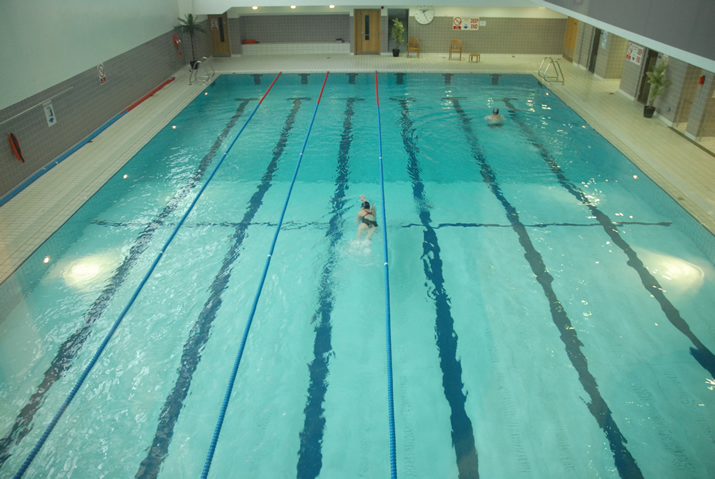
Speaking to Trinity News, Kieran McNulty, the chair of the Electoral Commission (EC), said that a referendum would have to take place within two to five weeks of the signatures’ presentation.
The vote, however, is not likely to be held on the day of Trinity Ball, as some members of the Dublin University Central Athletic Club (DUCAC) had claimed on social media.
The first referendum, held in conjunction with the SU elections in mid-February, was narrowly defeated, after 58% of students voted not to increase the existing charge of €90.
A yes vote in the repeated referendum would increase the sports centre charge to €120 from €90, increase the size of the sports centre’s fitness studio, create a specialist room for weights on the first floor of the centre, improve futsal and five-a-side facilities, and ensure there is no fee for use of the pool, fitness studio or weights room.
A no vote, meanwhile, would keep sports centre charge at €90. It would also result in an increase in non-student membership, as well as the introduction of a fee for use at peak times. Trinity News understands that the peak fee would amount to €30 per person, though the cost per term for each club is yet to be confirmed.
Speaking to Trinity News earlier this month, the ladies’ captain of Trinity’s track and field team, Iseult O’Donnell, said that students need to be better informed that a vote to keep the compulsory annual charge at €90 will mean limited access at peak hours, when the public would be given preference in order to bring in additional revenue.
She said that a failure to properly publicise the first referendum meant that those who use the sports centre facilities frequently were not sufficiently informed of the importance of voting Yes. “I feel that there just wasn’t enough hype or advertisement around the time of the voting, it was as if it was swept under the carpet. Whether that was our fault as sports club committee members or the fault of those in charge of publicising it, we both need to do a better job for this one, and I believe we all will.”
The sentiment has been echoed by Lydia Todd, manager of the yes campaign for the last referendum, who told Trinity News last month that a “lack of awareness” of the motives behind the increase was likely to work against the [first] referendum’s passing.
“As the main focus [at the time of the first referendum] has been on the sabbatical positions, there has not been enough information given out by College or the SU about the [other] referendums which are also taking place,” she had said.
Additional reporting by Tadgh Healy






